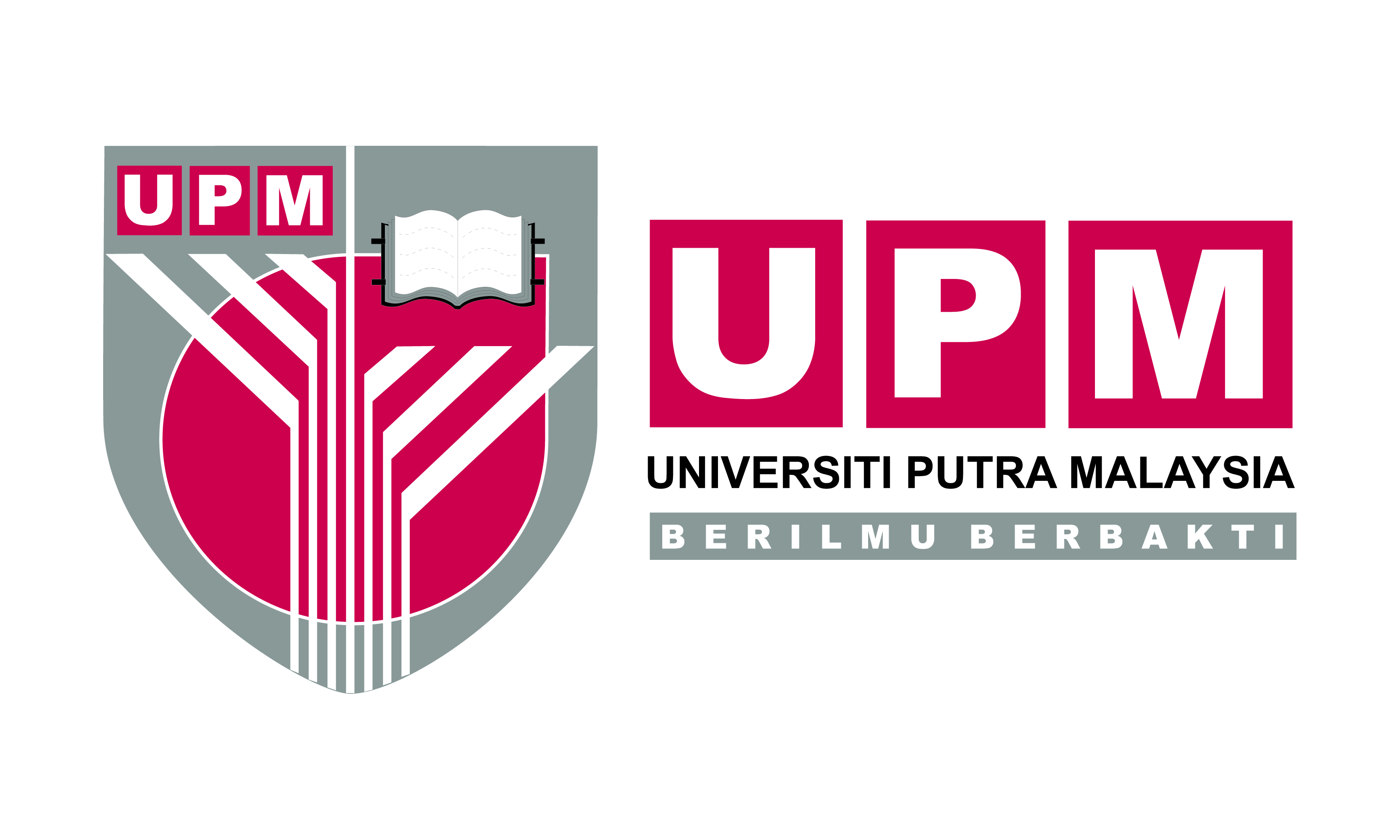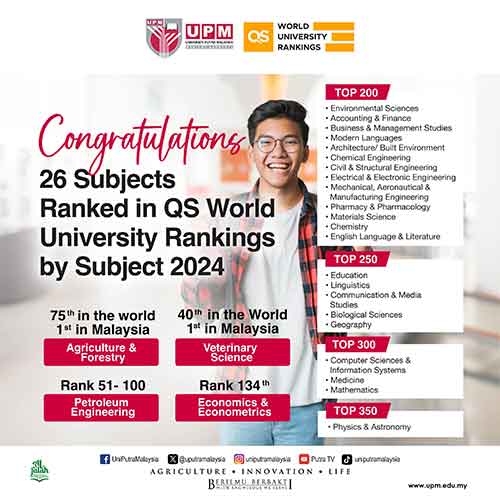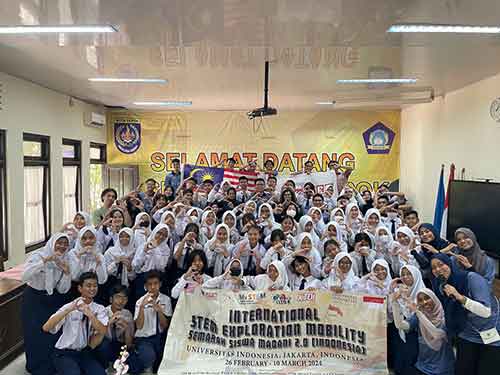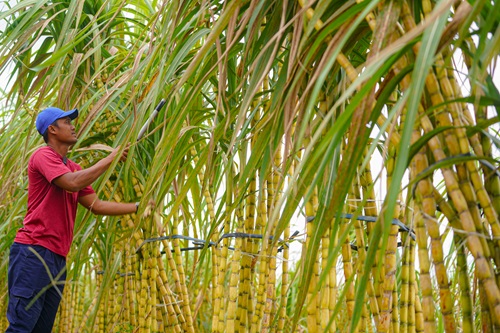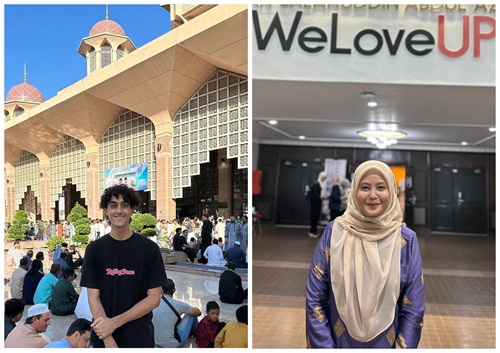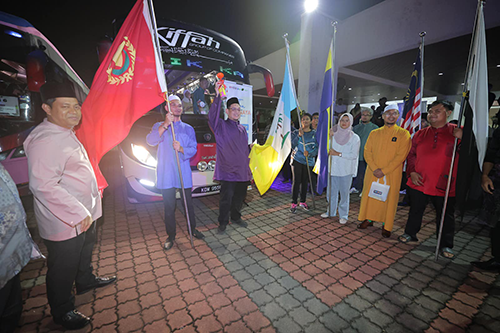
By: Azman Zakaria
Photo by: Noor Azreen Awang
PUTRAJAYA, Dec 5 - The time has come for all Asian countries to pull their resources for the betterment of the countries and the ability to produce learned and knowledgeable human capital to lead the world.
Higher Education Minister, Dato’ Seri Idris Jusoh said: “With education we have power, and with power, we are able to lead the world.
“Therefore, hand in hand, we will move forward with greater speed to provide the necessary infrastructure and amenities for our people, for our future generation the wealth of education and the wealth of knowledge so that we are comparable or even better than the world outside our region,” he said when opening the Association of Southeast Asian Institutions Of Higher Learning 2016 (ASAIHL) conference, themed Borderless Open Access Education, here.
His speech text was read by his deputy, Datuk Dr. Mary Yap Kain Ching. Also present were Universiti Putra Malaysia (UPM) Vice-Chancellor who is also ASAIHL President, Prof. Datin Paduka Dr. Aini Ideris: ASAIHL Secretary-General, Dr. Ninnat Olanvoravuth, and Timor Leste former President, Dr Jose Ramos-Horta.
Dato’ Seri Idris said as higher education progressed and revolutionized over and over again, it was timely to start focusing on what to offer to the young generation in terms of the borderless world and technologies that could allow for open access to education.
“We talk about providing our future generation with more resources and providing easy access to gaining knowledge through the borderless world we live in now. If the higher education institutions are not ready for these youngsters, how do we expect for them to move forward in this global and competitive world in every aspect?
“We do not want our future generation to be left behind since we are not providing them with the necessary tools to move forward,” he said.
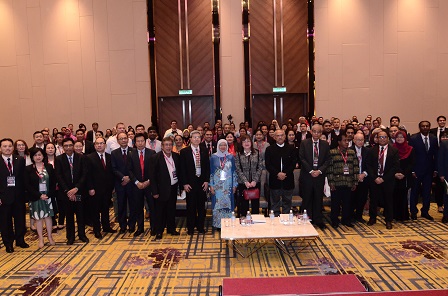
Dato’ Seri Idris added the borderless world and open access to education had created an educational revolution, with the birth of Massive Open Online Courses (MOCC) by the University of London in the late 2012.
The launch of four courses in June that year saw over 200,000 registrations, he added.
Dato’ Seri Idris Jusoh gave credit to UPM for being the first Malaysian university to launch its MOOC in 2014 through a course - Agriculture and Man.
“This was in line with the national MOOC initiative. UPM started to offer a MOOC for compulsory course at national level namely Islamic Civilization and Asian Civilization to all public universities, through an international platform called Openlearning.com. In 2015, PutraMOOC offered other courses through the platform, which reflected the university’s niche areas and uniqueness of the courses offered: Agriculture and Man, Malay Arts, and Malaysian Food Heritage.”
The courses offered as MOOC were aimed at reaching out to global students, he said, adding that UPM was planning to expand its PutraMOOC’s role in spearheading the university’s agriculture agenda through collaboration with the Asian Association of Agricultural Colleges and Universities (AAACU) in offering agriculture-related courses.
“Materializing the e-learning through PutraMOOC is the university’s vision. This will definitely empower the new generation for global learning experiences,” he said.
UPM’s initiative, he said was regarded as the 21st century learning environment, pioneered to strengthen the quality of teaching and learning through e-learning tools as well as to enhance UPM’s visibility at the international level.
“This initiative is parallel to the National Higher Education Development Plan (PPPMPT) of Malaysia Education Blueprint that emphasizes on lifelong learning, e-Learning, internationalization and knowledge transfer,” he said. - UPM
